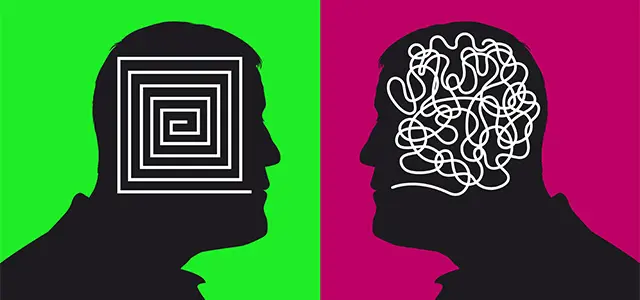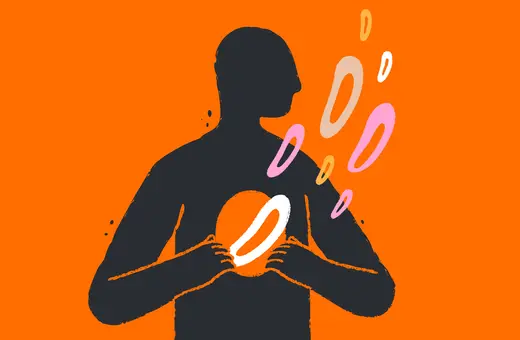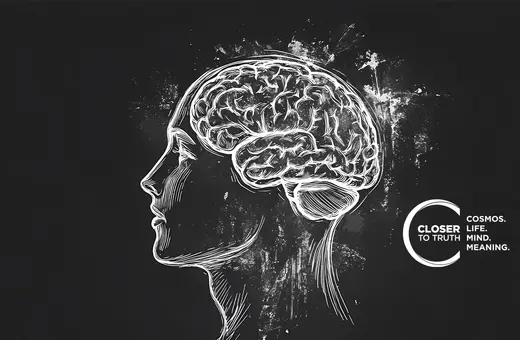We tend to think of delusions as factually inaccurate. However, we don’t often consider how, by invalidating them, we also undermine the agency of those who hold them. This is a mistake, argues philosopher Lisa Bortolotti. If we examine the content of our delusions against the environment which influenced them, they reveal the very ways humans engage in active meaning-making, the ultimate mark of human agency.
How do we tell science from pseudoscience? When is a drawing art? What makes a novel a classic? The quickest way to answer these types of demarcation questions is to do so based on people’s reactions. Scientists are given authority and credibility, charlatans are not. Leonardo da Vinci’s drawings are admired at the National Gallery; my scribbles end up in the bin at the end of the day. If readers still appreciate a book a hundred years after it was written, then it means that the book stood the test of time.
___
But there are times when our reactions are disproportionate, and our demarcation judgements are not driven by the qualities of the thing to be evaluated.
___
Such demarcation judgements often reflect specific qualities of the thing to be evaluated. A research programme following a rigorous method, whose results are published after peer review, may be considered science because it meets the appropriate requirements and withstands the relevant tests. The da Vinci drawings show a technique and a talent that my scribbles lack. A novel may be read by people in the future if it addresses issues that are relevant to the human condition and not just to its contemporary readers, and so on. We have ways of determining whether we consider things worth taking seriously, or not.
But there are times when our reactions are disproportionate, and our demarcation judgements are not driven by the qualities of the thing to be evaluated. Take delusional beliefs. Here, I am not thinking just about beliefs that are considered symptomatic of poor mental health, but also other beliefs that we find implausible, although people who endorse them defend them from challenges and even build their lives around them. Examples range from systematic distortions of reality such as the optimism bias to beliefs in conspiracy theories. So, we may call delusional Laura’s claim that her partner is unfaithful because the second lamp post on the right is unlit; Jay’s belief that he is a better driver than average even if he has been involved in several car accidents; or Rashid’s conviction that the tornadoes causing disruptions across the United States are caused by the US government who can control the weather.
SUGGESTED VIEWING Lost in language With Rufus Duits, Hilary Lawson, Barry C. Smith, Maria Balaska






















Join the conversation